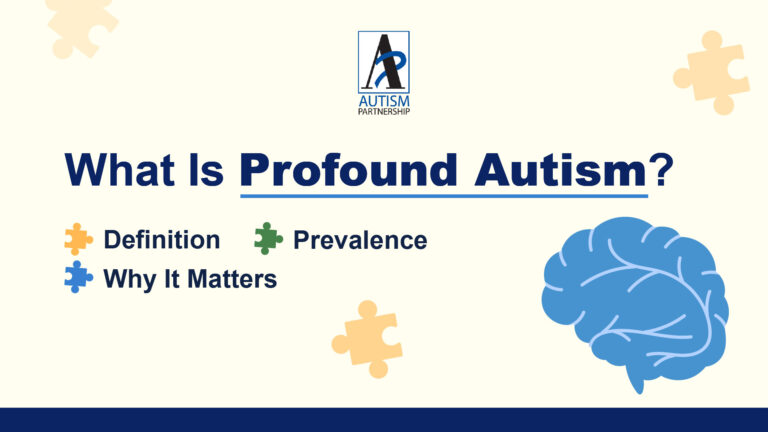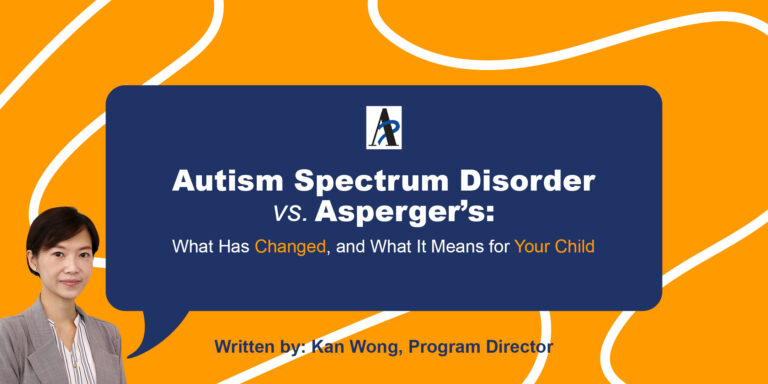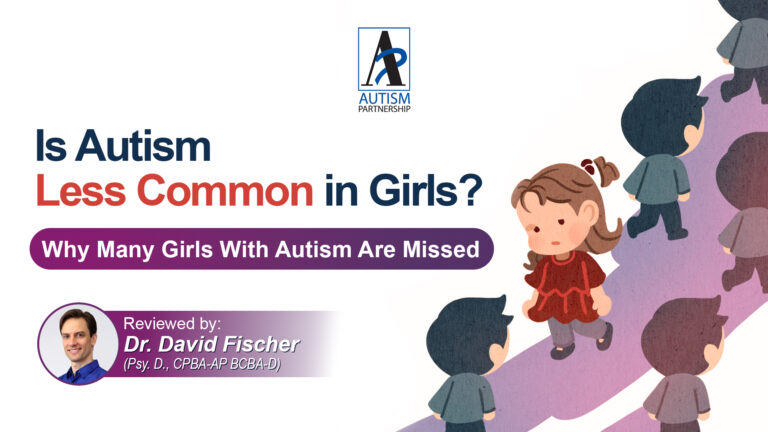
Children with Autism Spectrum Disorder (ASD) often exhibit challenging behavioral problems such as tantrums, aggression, and non-compliance which are difficult to handle for school teachers and parents. What can teachers and parents do? Here are some tips to help you manage challenging behaviors:


You can start trying the above tips. For children with autism, it will need some practices and time to overcome challenging behavior. However, you are recommended to seek professional advice and training.
Dr. David Fischer received a doctoral degree in Clinical Psychology from Rutgers University, USA, advised by Dr. Sandra Harris. Since 1999, he was worked in the field of Applied Behavior Analysis and with individuals diagnosed with a developmental disability. He completed his pre-doctoral internship and post-doctoral fellowship at the Marcus Institute in Atlanta, Georgia working in the severe behavior unit, short-term-out-patient clinic, feeding disorders unit, and early intervention clinic. From 2007 – 2011, he trained public school teachers to instruct and manage the behavior of their students diagnosed with Autism spectrum disorder. He also was the clinical coordinator of the Asperger’s College Program, which provides support services to Rutgers students diagnosed with Asperger’s Disorder.

Individuals on the autism spectrum vary greatly in how their autistic characteristics shape their life. Some individuals go through their entire life without receiving a diagnosis. On the other hand, some children demonstrate indicators shortly after birth and are diagnosed as young as assessments allow. This article explains how autism has been defined over time—and […]

Over the years, I have met many parents who come to me with the same question: “What is the difference between Autism Spectrum Disorder and Asperger’s Disorder?” Some parents tell me their child was diagnosed with Asperger’s, not autism. Others hear from friends or online sources that Asperger’s is milder and wonder whether their child […]

Is autism really less common in girls than boys? Should parents feel more relieved if they have a daughter? Why Fewer Girls Are Diagnosed With Autism Autism Diagnosis in Boys and Girls: What the Data Shows How Autism Often Presents Differently in Girls – Social Motivation, Language, and Behaviour Other Common Traits Seen in Girls […]
Please share to let more people learn about ASD and ABA therapy:

All information received will always remain confidential. We will contact you as soon as we review your message. Thanks